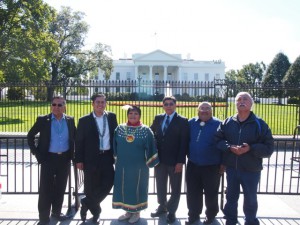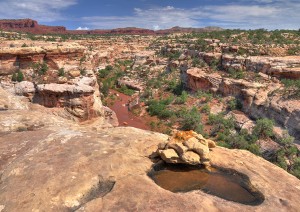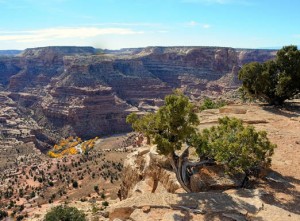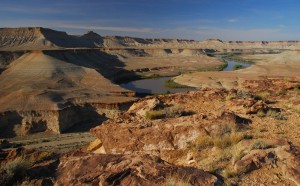Bears Ears Inter-Tribal Coalition Co-Chair Eric Descheenie at the National Press Club. Last week, the Bears Ears Inter-Tribal Coalition traveled to Washington, D.C., to deliver their proposal to President Obama to […]
Read More

 Southern Utah Wilderness Alliance
Southern Utah Wilderness Alliance

Bears Ears Inter-Tribal Coalition Co-Chair Eric Descheenie at the National Press Club. Last week, the Bears Ears Inter-Tribal Coalition traveled to Washington, D.C., to deliver their proposal to President Obama to […]
Read More
Recently, newspaper stories and rumors have swirled around both a potential national monument in San Juan County, Utah, and Rep. Rob Bishop’s Public Lands Initiative. Let me try and cut […]
Read More
Great news! Today Sen. Richard Durbin and Rep. Alan Lowenthal joined forces to introduce America’s Red Rock Wilderness Act (S. 1375/H.R. 2430) in Congress, the visionary legislation that would protect […]
Read More
Great news! Sen. Richard Durbin and Rep. Alan Lowenthal will soon reintroduce America’s Red Rock Wilderness Act in Congress, setting forth the vision for protecting 9.2 million acres of deserving […]
Read More
Desolation Canyon and Lands Surrounding Dinosaur National Monument Could Lose Big in Rep. Bishop’s Public Lands Initiative While we await the release of Representative Rob Bishop’s proposal for the public […]
Read More